When exploring cheaper alternatives to a mobile stone crusher plant, it’s essential to balance cost reduction with operational needs. Here are practical options categorized by application scenarios, along with their advantages, limitations, and cost comparisons:
1. Stationary Stone Crusher Plants
Description: Fixed crushing setups installed in a permanent location, typically consisting of primary crushers (e.g., jaw crushers), secondary crushers (e.g., cone or impact crushers), and screening systems.
1-1.Cost Savings: Lower initial investment: Stationary plants cost 30–50% less than mobile counterparts. For example, a basic jaw crusher + screen setup starts at $20,000–$50,000, while a mobile plant may cost $80,000–$200,000.
1-2.Reduced maintenance: Fixed components have fewer moving parts (e.g., no trailer or mobility systems), lowering repair costs.
1-3.Limitations: Lack of mobility: Requires raw materials to be transported to the plant, increasing hauling costs if the source is distant.
1-4.Setup time: Needs foundation construction and installation, taking 2–4 weeks (vs. mobile plants’ immediate deployment).
1-5.Ideal for: Projects with long-term, fixed-site operations (e.g., permanent quarries, large construction sites).
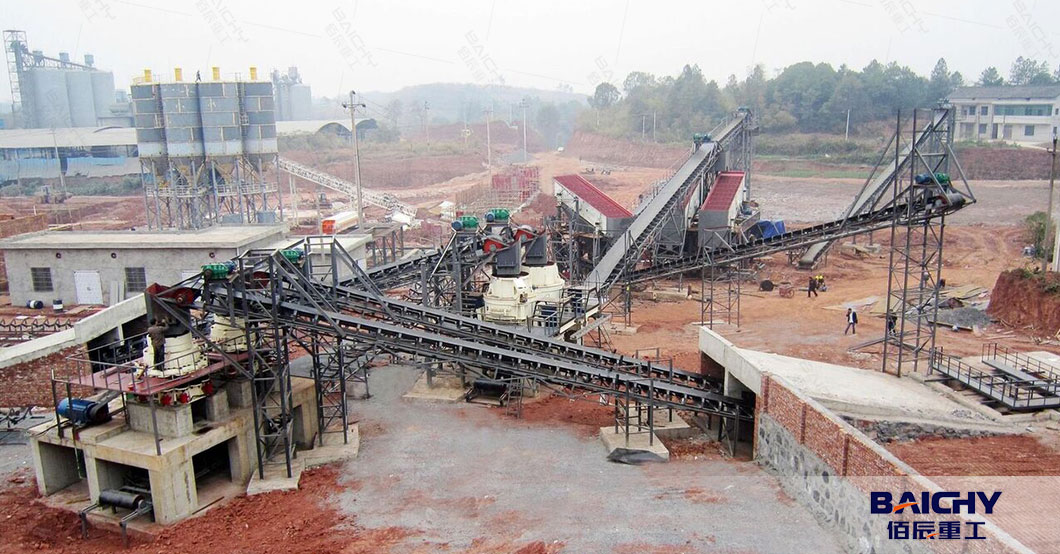
2. Portable Crusher Trailers (Semi-Mobile Setups)
Description: Compact crushing units mounted on trailers, offering partial mobility without full self-propulsion.
2-1. Cost Savings: Lower price: Portable trailers cost $40,000–$100,000, 20–40% less than fully mobile plants.
2-2. Flexibility: Can be towed by trucks to different sites, reducing the need for multiple stationary setups.
2-3. Limitations: Dependent on external towing: Requires a truck (additional cost) and cannot move independently on rough terrain.
2-4. Smaller capacity: Typically processes 50–150 tons/hour, suitable for medium-sized projects.
Ideal for: Projects with multiple sites but predictable relocation needs (e.g., road construction along a linear route).
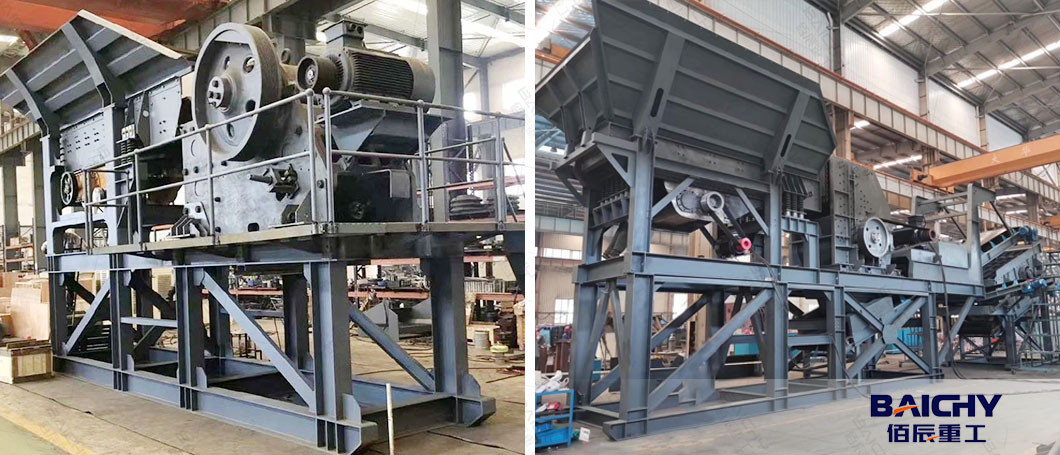
3. Renting or Leasing a Mobile Crusher
Description: Short-term rental of mobile crushing equipment instead of purchasing.
3-1. Cost Savings: Avoid upfront costs: Rental fees range from $1,000–$5,000 per day or $10,000–$30,000 per month, depending on capacity.
3-2. Reduced maintenance burden: Often includes maintenance services from the rental company.
3-3. Long-term cost: Renting for over 6–12 months may exceed the purchase price.
Limited customization: Cannot modify the equipment for specific needs.
3-4. Ideal for: Temporary projects (e.g., seasonal construction, short-term mining operations).
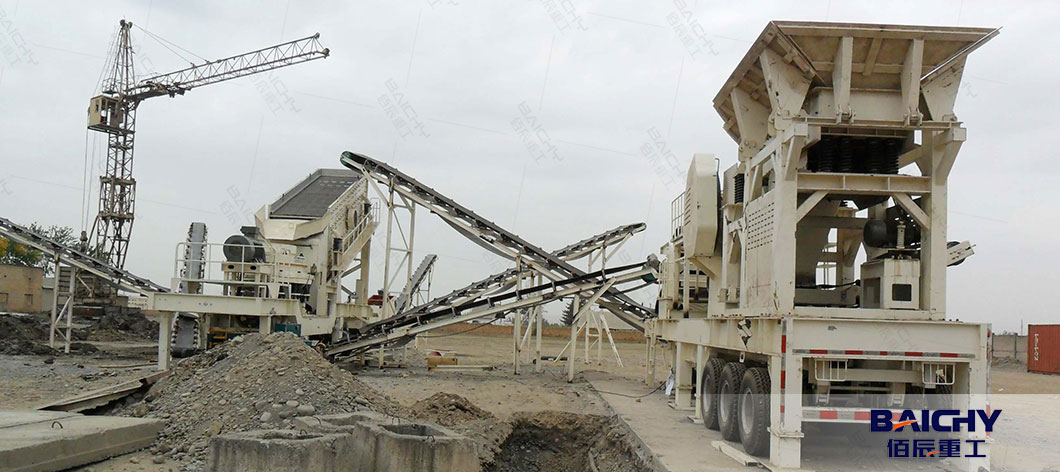
4. Second-Hand or Refurbished Mobile Crushers
Description: Used mobile plants refurbished by manufacturers or dealers.
4-1. Cost Savings:
30–60% cheaper than new: A used 100-ton/hour mobile jaw crusher might cost $50,000–$80,000 vs. $120,000–$150,000 new.
4-2. Quality assurance: Reputable refurbishers often provide warranties (e.g., 3–12 months).
4-3. Unknown wear history: High-risk if purchased from untrusted sellers.
4-4. Older technology: May lack energy-efficient features or modern safety systems.
Ideal for: Budget-conscious buyers with technical expertise to assess equipment condition.
5. Modular Crushing Systems
Description: Pre-fabricated crushing modules that can be assembled on-site, the cost is lower than integrated mobile plants.
5-1. Cost Savings: Customizable investment: Build step-by-step as needs grow, starting at $30,000–$70,000 for basic modules.
5-2. Reduced transport costs: Shipped in containers, avoiding oversized hauling fees.
5-3. Assembly required: Takes 1–2 weeks to set up, plus expertise for integration.
5-4. Fixed location once assembled: Similar to stationary plants.
5-5. Ideal for: Projects with phased expansion plans or limited transport access.
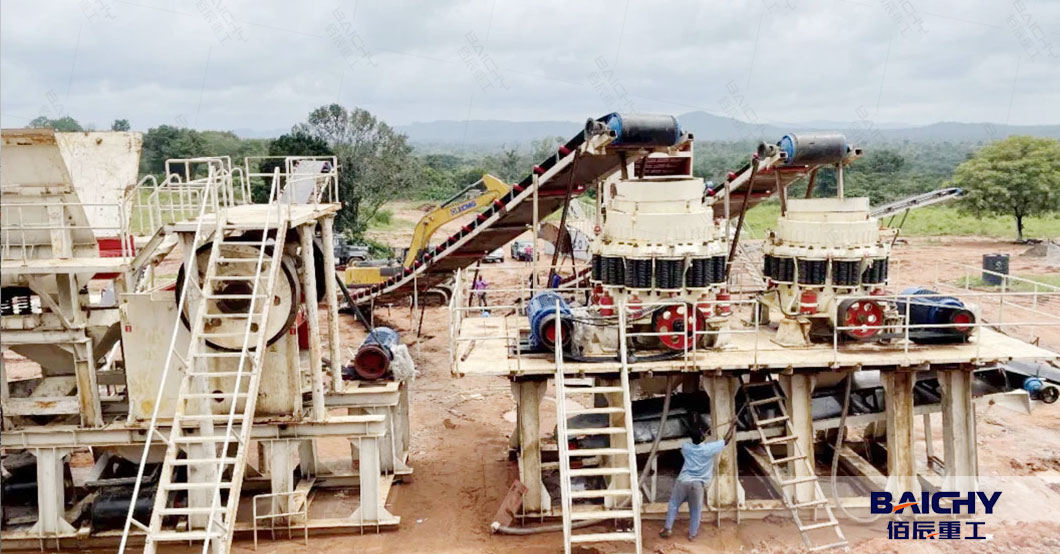
Key Considerations When Choosing Alternatives
1.Project Duration: Short-term projects benefit from renting, while long-term operations justify stationary or used equipment.
2.Material Transport Costs: If moving rocks to a fixed plant is expensive, a semi-mobile trailer may still be more cost-effective than a stationary setup.
3.Maintenance Expertise: Second-hand or modular systems require in-house technical support to avoid unexpected repair costs.
4.Regulatory Compliance: Ensure alternatives meet local safety and environmental standards (e.g., noise restrictions for stationary plants).
Conclusion
The cheapest alternative depends on your specific needs:
Tiny projects: Manual tools or small electric crushers.
Medium-term, mobile needs: Rent or buy a used portable trailer.
Long-term, fixed sites: Stationary plants offer the best cost-per-ton ratio.
Flexible budgets: Modular systems allow phased investment.
By aligning the alternative with your project scale, mobility requirements, and maintenance capabilities, you can achieve significant cost savings without sacrificing essential functionality.
Henan Baichy Machinery Equipment Co., Ltd. is a mining machinery manufacturer integrating R&D, production and sales. Stone crusher is one of its core production equipment. It has mature technology and processes, complete models and configurations, and technical engineers can tailor production line configuration plans for you. If you are interested in the stone crusher, please click on the online consultation to get solution and price now. Baichy Machinery is dedicated to serving you 24 hours a day!








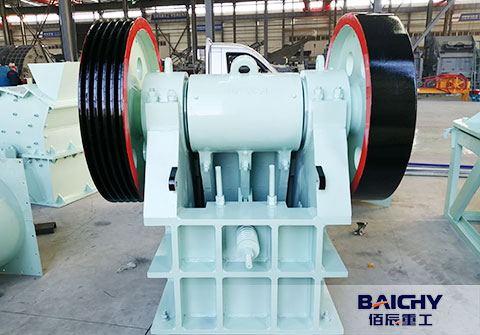
 2026-01-06
2026-01-06
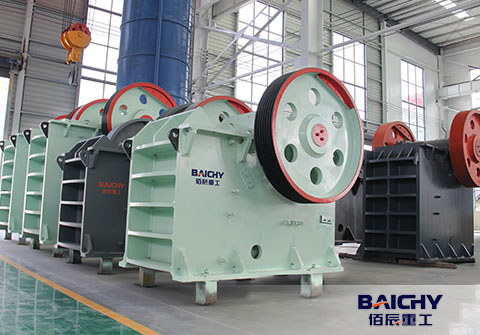
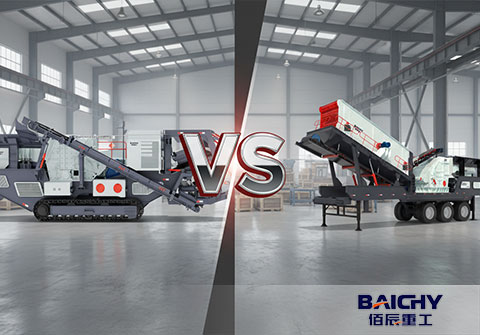
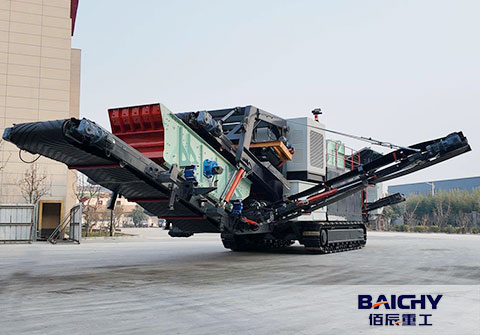
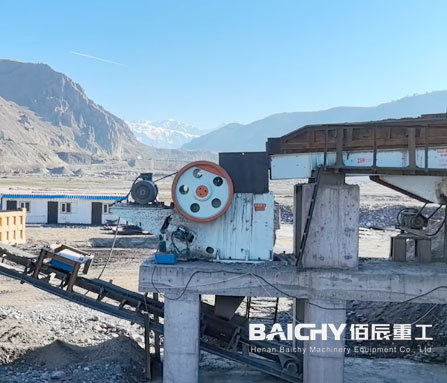
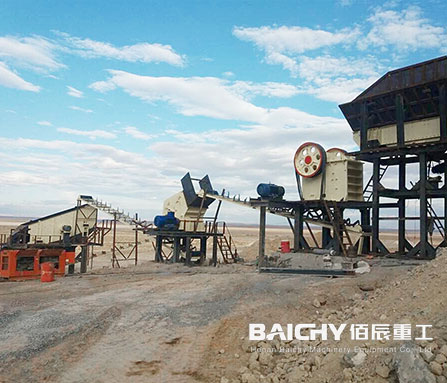
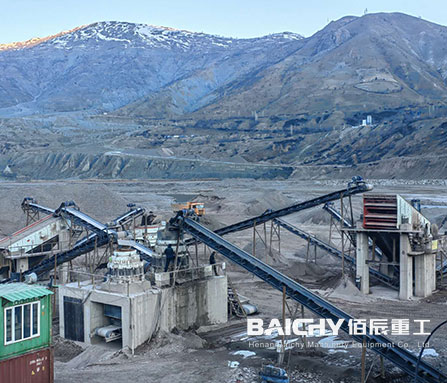
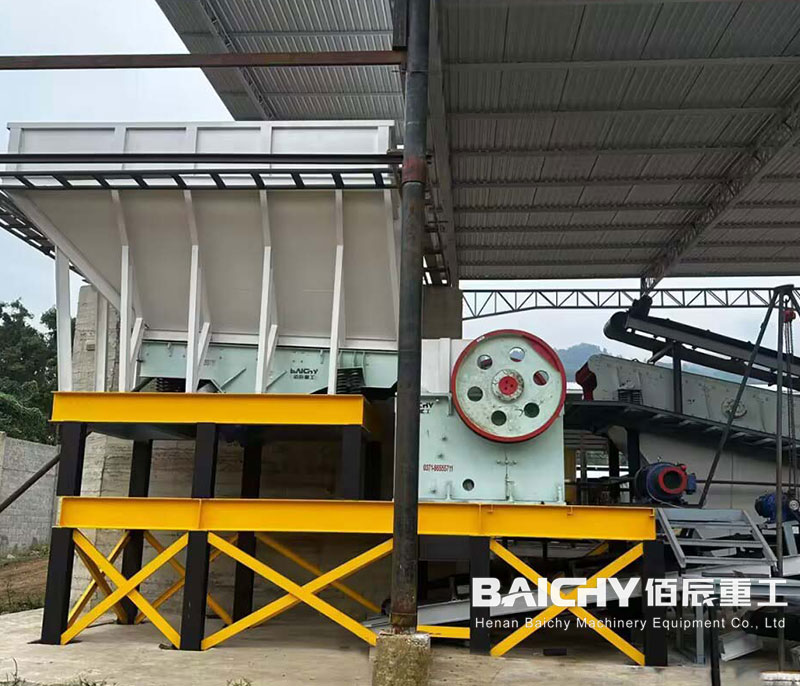














 86-15093113821
86-15093113821
 86-15093113821
86-15093113821

